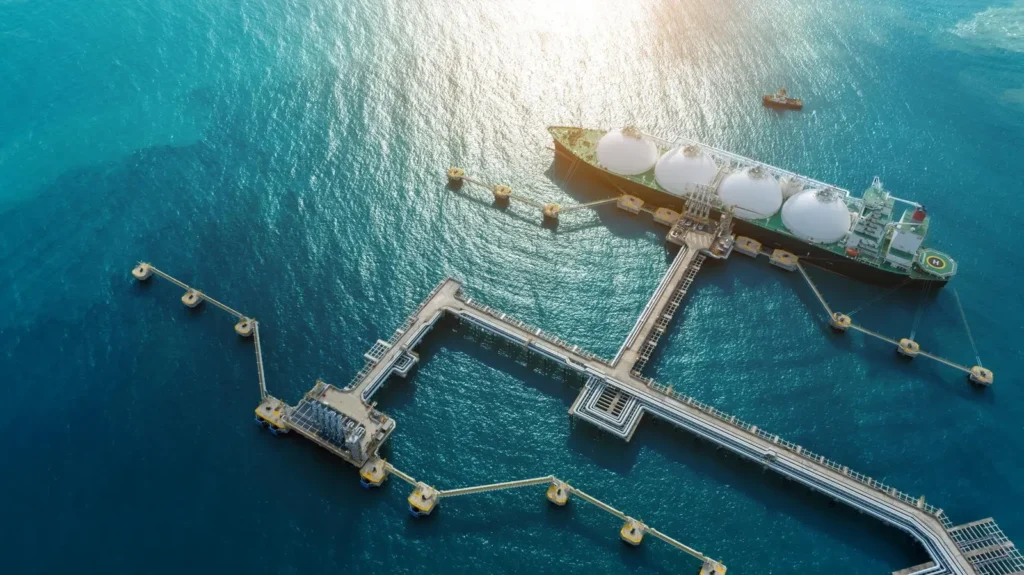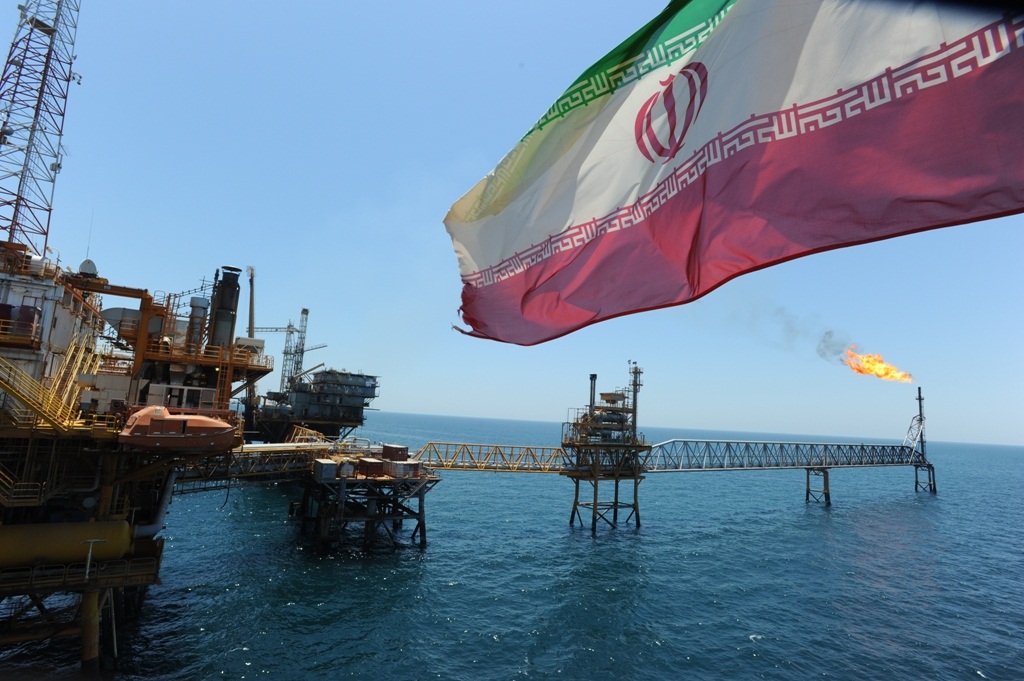The United States has intensified its pressure on Iran’s oil industry with a fresh round of sanctions, specifically targeting Chinese importers of Iranian crude.
The latest measures, announced by the Department of the Treasury, aim to curtail Iran’s oil exports and disrupt its financial networks, reinforcing Washington’s long-standing strategy to limit Tehran’s economic influence.
The Office of Foreign Assets Control (OFAC) has designated Shandong Shengxing Chemical Co., Ltd., an independent Chinese “teapot” refinery, for purchasing over $1 billion worth of Iranian crude oil.
“Any refinery, company, or broker that chooses to purchase Iranian oil or facilitate Iran’s oil trade places itself at serious risk.
“The United States is committed to disrupting all actors providing support to Iran’s oil supply chain, which the regime uses to support its terrorist proxies and partners.”
Secretary of the Treasury Scott Bessent
OFAC reported that Shandong Shengxing had conducted multiple transactions with China Oil and Petroleum Company Limited (COPC) — a known IRGC-QF front company — sending over $800 million in wire transfers to facilitate the oil trade.
Notably, $108 million of these transactions were previously seized by the U.S. Justice Department.
The company is now designated under Executive Order 13902, which targets those operating within Iran’s petroleum and petrochemical sectors.
This marks the sixth round of sanctions issued under this authority since National Security Presidential Memorandum 2 (NSPM-2) was reinstated by President Trump earlier this year.

In addition to sanctioning the refinery, the U.S. Treasury Department also announced new penalties against multiple companies and vessels allegedly involved in Iran’s so-called “shadow fleet” — a network of ships used to clandestinely move Iranian oil to international buyers, primarily in Asia.
“These sanctions are part of our continued efforts to target the facilitators of illicit Iranian oil exports.
“We are taking action to degrade the financial networks enabling Iran’s oil trade.”
Secretary of the Treasury Scott Bessent
These tankers reportedly moved billions of dollars’ worth of Iranian crude to refineries in China through ship-to-ship transfers, aimed at disguising cargo origins and evading detection.
“These vessels and companies play a critical role in enabling the Iranian regime to sidestep sanctions and continue generating revenue for illicit activities.”
Office of Foreign Assets Control (OFAC)
Several sanctioned tankers, such as the RESTON and BESTLA, were confirmed to have loaded Iranian crude via ship-to-ship transfers from previously sanctioned vessels including the FIONA, WEN YAO, and ATILA (formerly HECATE) — the latter linked to the Sepehr Energy Jahan Nama Pars, a military front company.
Additionally, the EGRET was documented to have conducted a ship-to-ship transfer from the NITC-owned DUNE, while NYANTARA and RANI received crude from the SALVIA and DERYA, respectively — all of which are now under U.S. sanctions.
Shipping Companies in the Crosshairs

The crackdown has also extended to international shipping companies responsible for operating or managing the sanctioned tankers.
“OFAC is designating Oceanic Orbit Incorporated, Pro Mission SDN BHD, Bestla Company Limited, Dexiang Shipping Co., Limited, Civic Capital Shipping Inc., and Starboard Shipping Inc. pursuant to E.O. 13902 for operating in the petroleum sector of the Iranian economy.”
Secretary of the Treasury Scott Bessent
OFAC’s action not only freezes assets but also bars secondary transactions, creating global financial risk exposure for anyone engaging with the sanctioned parties.
Under U.S. law, violations can lead to civil or criminal penalties, even for foreign nationals and firms operating outside the United States.
“Sanctions are not just about naming violators.
“They are about driving behavior change and reinforcing compliance standards across the global energy and shipping industries.”
Secretary of the Treasury Scott Bessent

To that end, OFAC has also issued updated compliance guidelines for the global maritime industry, offering tools to detect sanctions evasion tactics, including suspicious ship-to-ship transfers, document forgery, and manipulation of Automatic Identification Systems (AIS).
This latest move comes as part of the Trump administration’s reactivated “maximum pressure” campaign against Tehran, aimed at cutting off funding for its military and regional influence operations.
President Trump’s February directive called for the elimination of Iran’s oil exports, with a particular focus on disrupting sales to China, Tehran’s largest customer.
Despite U.S. pressure, China’s imports of Iranian crude reached a record high of 1.8 million barrels per day in March 2025, showing that demand remains strong — and sanctions enforcement increasingly complex.
While Washington aims to completely halt Iranian oil exports, reports indicate the Tehran remains resilient, leveraging underground trading networks and alternative supply routes to maintain crude shipments.
The shadow fleet strategy and China’s unwavering demand ensure that Iranian crude continues to reach international markets.
With continued geopolitical tensions, trade disputes, and global energy policy shifts, the outcome of these sanctions remains uncertain. If enforcement measures intensify further, supply disruptions could trigger oil price volatility, affecting energy security worldwide.
READ ALSO: Trump’s Back-And-Forth On Tariffs Locks US, China In Brinkmanship





















